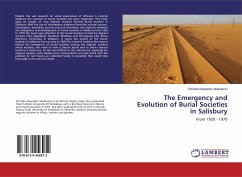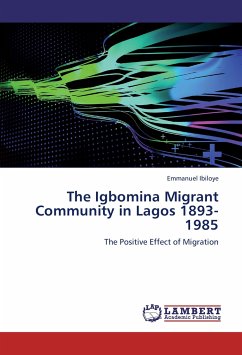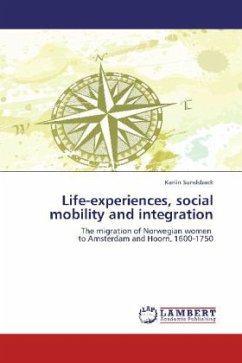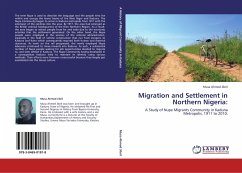Despite the vast research on social experiences of Africans in colonial Salisbury the concept of burial societies has been neglected. This book gives an insight on why migrant workers formed burial societies in Salisbury. With the use of information obtained from the archival sources, newspapers, secondary sources and oral interviews, the research examines the emergence and development of burial societies in Salisbury from 1920 to 1970.The book pays attention to the burial societies formed by migrant workers from Nyasaland, Northern Rhodesia and Portuguese East Africa (Northern Territories) in Salisbury. It traces the origins of the burial societies in Salisbury from as early as 1920.The research outlines the reasons behind the emergence of burial societies among the migrant workers which includes, the need to have a decent burial and to avail a decent burial to a loved one. As this was difficult in the colonial era, especially for migrant workers, who besides poor remuneration was also faced with the problem of not having an extended family in proximity that could help financially in the event of death.
Bitte wählen Sie Ihr Anliegen aus.
Rechnungen
Retourenschein anfordern
Bestellstatus
Storno








